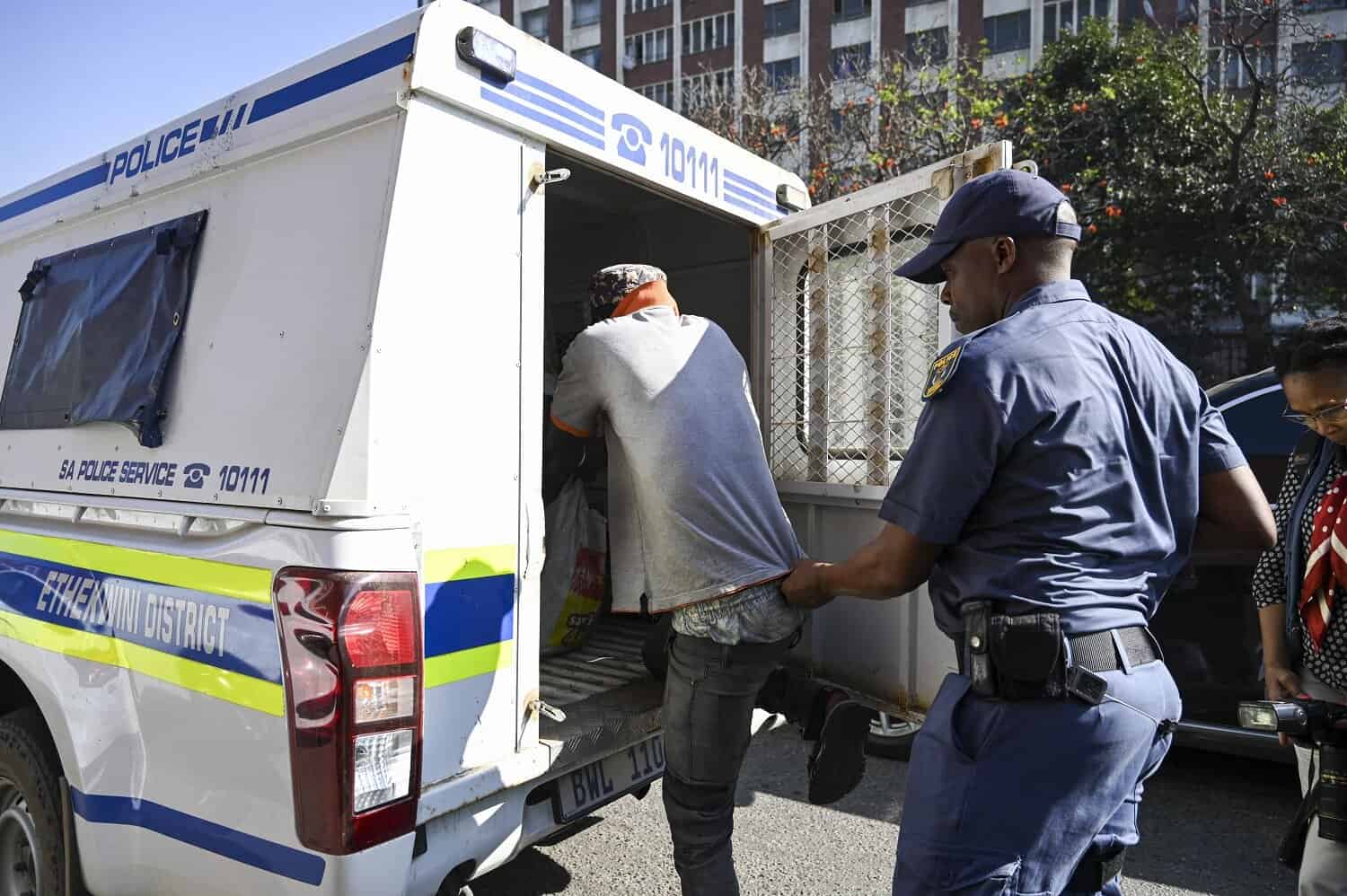Deportations are draining resources without solving immigration challenges. It's time to rethink our approach.

Minister Leon Schreiber’s budget speech in the National Assembly recently was rich in energy, statistics and digital reform promises.
Yet, it was preceded by two quieter signals: a sobering portfolio committee report on budgetary pressures and Schreiber’s own estimate, in February, that the department would have to “make do with what it has”.
Schreiber invoked the logic of compound interest to illustrate how smart, sustained action can yield exponential returns. However, if deportations are the investment and deterrence the return, then the department appears to be compounding inefficiencies, not public value.
In a year marked by an unprecedented surge in deportation numbers, the question is not whether home affairs is working harder – as it clearly is – the question is whether it’s working smarter.
Does investing in mass deportations still make budgetary and policy sense, even to those who support the politically charged, somewhat frustrated, optics and xenophobic populism of groups like Operation Dudula, ostensibly in the name of preserving scarce public resources for South Africans?
Home affairs allocated R897 million to its immigration affairs programme in the 2024-25 financial year. A significant portion of this is dedicated to enforcement: detentions, deportations and border management.
ALSO READ: Reports of SA man arrested in US as eSwatini welcomes immigrants deported from US
Lindela Repatriation Centre alone costs R6 million per month, or R70 million per year, and this is just to detain individuals prior to deportation.
Schreiber reported that the department “deported over 46 000 illegal immigrants, the highest number in five years and more than countries like France and Germany combined”.
This dramatic operational scale should give rise to serious questions about sustainability.
In its official reply to the parliamentary committee, the department confirmed that deportation-related expenditure for the full 2024-25 fiscal year was reported at R73 million.
Against this expenditure, the reality remains that the estimated number of undocumented or fraudulently documented foreigners is not just highly vague, but often miscalculated and politically weaponised.
Estimates range from a conservative one million, to higher estimates of over three million, and inflated figures up to six million.
ALSO READ: Greece freezes asylum claims over migrant ‘invasion’ from Libya
Whichever figure one accepts, deporting 69 000 people per year means addressing only a fraction of that population annually.
This risks remaining an endless loop of ineffective, reactive policy that burns public funds without shifting the underlying dynamic.
What if we were to imagine a different approach? One grounded not in fear and reaction, but in revenue, data integrity and constitutional accountability.
What if we dared to imagine a two-year amnesty programme: undocumented migrants, or those holding fraudulent documents, coming forward voluntarily to undergo background and biometric checks, and for a temporary determined period of time to be granted an exemption against the payment of a nominal fee – for instance, a processing fee of R1 500 per person.
Such fee to be payable to the department over and above the service fees otherwise applicable if the programme were to be administered via VFS Global, as was done with the Zimbabwean Exemption Permit process, plus a biometric fee.
If even half of the cautiously estimated one million undocumented migrants applied, the department would raise R750 million in direct revenue.
ALSO READ: Bus driver arrested after transporting nearly 80 undocumented Zimbabweans
Full uptake could easily generate R1.5 billion over two years, more than enough to self-fund the programme, build biometric records, clear long-standing backlogs and allocate human resources more efficiently across departments.
The programme could break even or even yield a surplus, particularly if digitised infrastructure is used.
While deportations drain resources and create logistical bottlenecks, an amnesty has the potential to generate revenue, improve compliance and restore trust.
An amnesty-driven regularisation effort would enable the state to capture biometric and identity data on hundreds of thousands of individuals currently operating outside the legal system.
This foundational layer of information is essential to any system of immigration governance based on integrity, accountability and national security.
Second, such a programme would help identify and isolate fraud syndicates through forensic vetting processes.
ALSO READ: Politicians dangle immigration control as election bait
Third, it would give the department institutional breathing room to focus on sustainable, digitised, rule-based migration governance. It would also free up public resources.
An amnesty would signal a fundamental shift: that immigration control in South Africa is not just about keeping people out, but about governing the presence of those already here in a rational, rule-based way.
This is not a plea for porous borders. It is a call for budgetary logic and long-term strategy. Deportation has its place, especially where criminality or risk is involved.
But when used as a blanket policy response to a decades-old systemic failure, it becomes expensive and futile.






